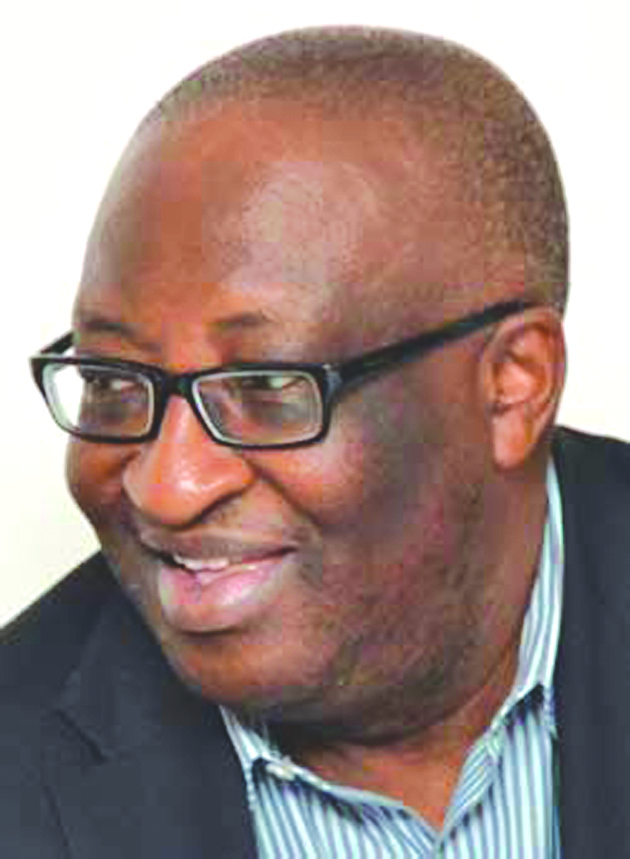Senate initiates moves to reduce the high lending rate in the Nigerian banking system

Barely four months after its strong stance provided the impetus for the Central Bank of Nigeria (CBN) to tame the escalating cost of foreign exchange in Nigeria; the Senate has again taken the battle to reduce the high lending rate in the banking system. The average lending rate in the country as at press time was 30 percent.
In June, the Senate held a discussion on “The dire need for a stakeholders’ roundtable to address increasing interest rates in Nigeria.” The lawmakers condemned the high lending interest rate the banks are charging and vowed to organise a roundtable with the CBN, Deposit Money Banks, the Nigerian Deposit Insurance Corporation, (NDIC), as well as other relevant stakeholders and industry experts.
The arrowhead of the current war against high lending rate is Dr Bukola Saraki, Senate President. “I want to assure you that I will lead that challenge. There are many ways to do it; we can sit down and talk as friends, look at what we need to do and we can also get it by legislation. It will be irresponsible not to do that. We know the trick and we can match them on the tricks,” Saraki said. He noted that although the banks are in businesses and must make profit, they have to reduce that profitability to allow the country to grow.
The implication of the high interest rate on the economy was underscored recently by Temitope Akinfadeyi, head, Financial Inclusion Secretariat of the CBN. According to her, only 5.3 percent of Nigeria’s adult population have access to bank credit. Akinfadeyi made this disclosure during a workshop on retail banking with the theme: “Catalyzing SME funding and retail lending to Nigeria’s economic development.” She said: “Year-on-year biographic survey from Enhancing Financial Innovation Access (EFiNA) from 2010, 2012, to 2016 revealed that our credit is struggling. And then we took data from the Global Fintech base in 2014 and we looked at Angola, Ghana, Tanzania, with few countries, and we also looked at sub-Saharan Africa, where do you find Nigeria. The Global Fintech database tells us that access to credit in Nigeria is not up to 5.3 per cent. Compare that to the other countries listed, we are very far from what we need to do, so that is the point.”

According to Professor Akpan Ekpo, Director-General of the West African Institute of Financial and Economic Management (WAIFEM), the CBN should reduce its Monetary Policy Rate (MPR) from 14 percent to five percent to cut the high cost of borrowing in the economy and return the interest rate to a single digit. “The MPR is the anchor rate. Plus four of that rate should give you an idea of what lending rate will be. It will have impact on the interbank rate. Force the MPR down and heavens will not fall. Let us have it at five percent and see what happens. It is wrong to set it at 14 percent. They should have lowered it. When persuasion cannot work you force them and see what will happen. And they will re-adjust. For me, lending rate is very crucial. And if it doesn’t come down, we will be wasting our time diversifying the economy. Diversifying the economy means to tackle the real sector,” Ekpo said.
However, the CBN has argued that reducing the MPC might not achieve these objectives of a low interest rate in the financial system because banks would not deploy the available liquidity to provide credit to agriculture and manufacturing sectors. Rather, it would provide banks with the opportunities to be lending to importers and increase the pressure on the foreign exchange market.
Chukwuma Monye, managing partner, Ciuci Consulting Firm, attributed the low credit penetration to unfavourable and frequent changes in government policies, fear of high interest rates, and the inability to provide collateral.
He urged banks to be open-minded to adapt their organizational designs to the requirements of their target customers. Monye added that the success of retail lending is an uphill task for banks, with strong negative perception of retail lending offerings.
By Dike Onwuamaeze


